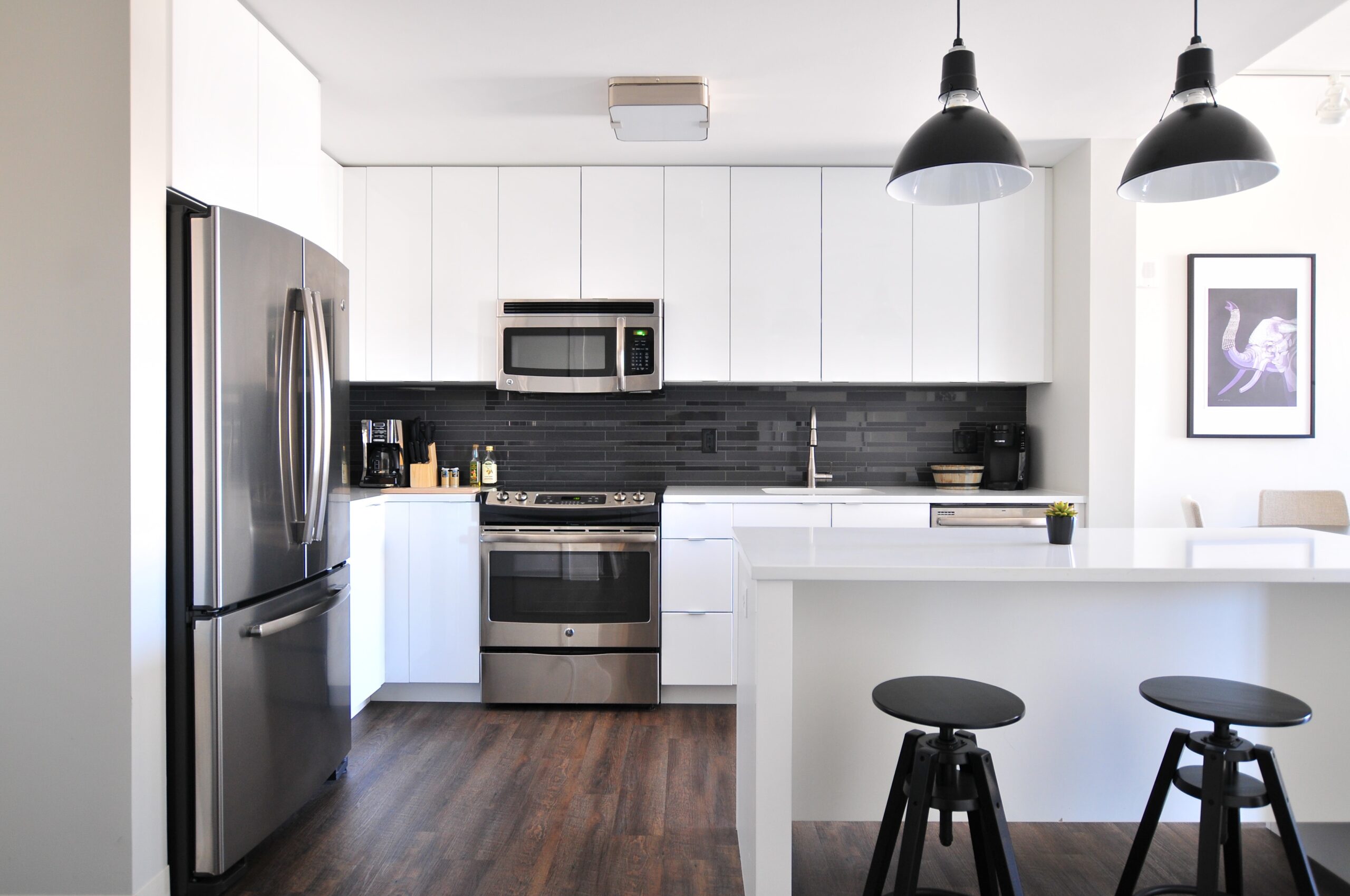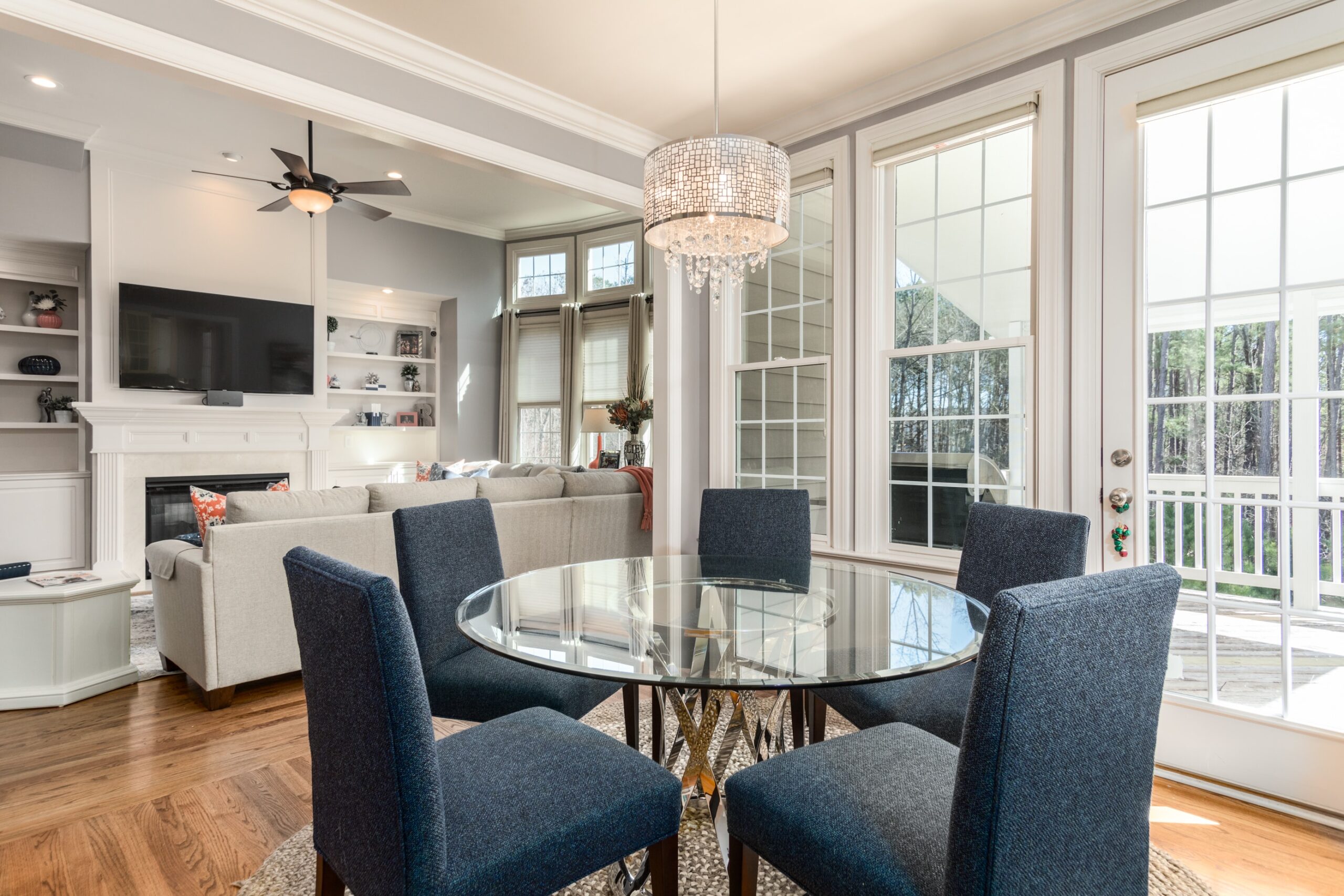Imagine being able to buy your dream home without having to save up for a down payment. No deposit mortgages offer exactly that – the opportunity to step into the realm of homeownership without the financial burden of a deposit. In this article, we will explore the concept of no deposit mortgages, how they work, and whether they might be the right option for you. So, sit back, relax, and let’s dive into the world of no deposit mortgages together.
What are No Deposit Mortgages?
No deposit mortgages, also known as zero deposit mortgages or 100% LTV mortgages, are home loans that do not require the borrower to provide a deposit upfront. Traditionally, when applying for a mortgage, a borrower is required to put down a deposit, usually ranging from 5% to 20% of the property’s value. However, with a no deposit mortgage, borrowers can secure a loan without having to save up a significant amount of money for a down payment.
Definition of No Deposit Mortgages
No deposit mortgages are a type of home loan that allows borrowers to purchase a property without having to provide a deposit upfront. Instead, the full purchase price of the property is financed by the mortgage lender. This means that the borrower does not need to have any savings or equity to get onto the property ladder.

How No Deposit Mortgages Work
No deposit mortgages work by allowing borrowers to finance the entire purchase price of the property through their mortgage loan. Typically, the borrower will need to meet certain criteria, such as having a good credit score and a stable income, to qualify for a no deposit mortgage. The lender will assess the borrower’s financial situation and determine the maximum loan amount they are willing to offer.
The borrower will then be responsible for repaying the mortgage loan over a set period of time, usually 25 to 30 years. Monthly mortgage payments will be calculated based on the loan amount and the interest rate. It is important for borrowers to consider that without a deposit, they may have a larger loan amount and therefore higher monthly repayments.
Benefits of No Deposit Mortgages
There are several benefits to obtaining a no deposit mortgage:
-
No need for a large deposit: One of the main advantages of a no deposit mortgage is that it allows borrowers to purchase a property without needing to save up for a deposit. This can be particularly beneficial for first-time buyers who may struggle to save a significant amount of money.
-
Getting onto the property ladder sooner: With a no deposit mortgage, borrowers can get onto the property ladder sooner than if they had to save up for a deposit. This can be especially advantageous in areas with rising property prices, where waiting to save up a deposit may result in missing out on affordable properties.
-
Greater flexibility with savings: By not having to put down a deposit, borrowers can retain their savings for other purposes, such as home improvements, furnishing the property, or as a safety net for unexpected expenses.

Requirements for No Deposit Mortgages
While no deposit mortgages offer an attractive option for many aspiring homeowners, they do come with certain requirements that borrowers must meet:
Credit Score
Lenders typically require borrowers to have a good credit score to qualify for a no deposit mortgage. A good credit score demonstrates that the borrower has a history of managing their finances responsibly and is more likely to repay the loan on time.
Income Verification
Borrowers will need to provide proof of income to demonstrate that they have a stable source of income to cover the mortgage repayments. Lenders will assess the borrower’s income to ensure they can comfortably afford the monthly payments.
Property Valuation
Lenders will require a valuation of the property to determine its market value. This valuation helps lenders assess the risk associated with the mortgage loan and ensures that the loan amount is reasonable in relation to the property’s value.
Mortgage Insurance
In some cases, lenders may require borrowers to take out mortgage insurance to protect against the risk of default. This insurance provides additional security for the lender, but it can also increase the overall cost of the mortgage for the borrower.
Types of No Deposit Mortgages
There are several types of no deposit mortgages available, each with its own features and eligibility criteria:
100% LTV Mortgages
A 100% loan-to-value (LTV) mortgage allows borrowers to borrow the full purchase price of the property, without needing to provide a deposit. These mortgages are typically offered to borrowers with a good credit history and a stable income. However, borrowers may be subject to higher interest rates and stricter eligibility criteria.
Shared ownership mortgages enable borrowers to purchase a percentage of a property, usually between 25% and 75%, and pay rent on the remaining share. This can be an attractive option for those who cannot afford to buy a property outright but still want to get onto the property ladder.
Help to Buy Mortgages
The Help to Buy scheme is a government initiative that aims to assist first-time buyers in purchasing a property. Under this scheme, the government provides a loan of up to 20% of the property’s value, which serves as a deposit. Borrowers then secure a mortgage for the remaining 80% of the purchase price.

Considerations Before Applying for a No Deposit Mortgage
Before applying for a no deposit mortgage, it is essential to carefully consider the following factors:
Interest Rates
No deposit mortgages may come with higher interest rates compared to traditional mortgages. This is because lenders view these loans as riskier due to the lack of a deposit. It is important to assess whether the higher interest rates are affordable and fit within your long-term financial plans.
Loan Terms
Consider the length of the mortgage term and how it aligns with your financial goals. A longer loan term may result in lower monthly repayments but can also mean paying more interest over the life of the loan. Assess your financial situation and decide on a loan term that suits your needs.
Affordability
Carefully assess your financial situation and determine whether you can comfortably afford the monthly mortgage payments. Take into account other expenses such as bills, taxes, and maintenance costs. Be realistic about your budget before committing to a mortgage.
Market Conditions
Consider the current state of the housing market and how it may affect the value of your property. It is important to be aware of potential fluctuations in property prices and the impact they may have on your investment.
Pros and Cons of No Deposit Mortgages
Like any financial product, no deposit mortgages have their pros and cons. Here are some of the advantages and disadvantages to consider:
Pros of No Deposit Mortgages
- Easier access to homeownership without needing to save for a deposit.
- Ability to get onto the property ladder sooner.
- Greater flexibility with savings.
- Potential to benefit from rising property prices.
Cons of No Deposit Mortgages
- Higher interest rates may result in higher overall borrowing costs.
- Limited mortgage options and stricter eligibility criteria.
- Potential for negative equity if property prices decline.
- Risk of higher monthly repayments due to larger loan amounts.
Alternatives to No Deposit Mortgages
If a no deposit mortgage is not the right option for you, there are alternative routes to explore:
Saving for a Deposit
Saving for a deposit is a traditional and reliable way to secure a mortgage. By saving a percentage of the property’s value, you can access a wider range of mortgage options and potentially qualify for lower interest rates.
Help from Family or Friends
Consider approaching family members or friends for financial assistance. They may be willing to provide a loan or gift to help you raise the necessary deposit.
Government Schemes
Investigate government schemes such as the Help to Buy scheme or shared ownership programs. These initiatives provide support and financial incentives for first-time buyers and can make homeownership more achievable.
Top Tips for Getting Approved for a No Deposit Mortgage
If you decide to pursue a no deposit mortgage, here are some tips to increase your chances of approval:
Improve Your Credit Score
Maintain a good credit score by paying bills on time, reducing existing debts, and avoiding unnecessary credit applications. A higher credit score can improve your chances of qualifying for a mortgage.
Save Money for Costs
While no deposit mortgages eliminate the need for a deposit, there are still additional costs involved, such as legal fees, surveys, and stamp duty. Start saving early to cover these expenses.
Get Professional Advice
Consult with a mortgage broker or financial advisor who specializes in no deposit mortgages. They can provide guidance on the best lenders and products for your specific circumstances.
Common Misconceptions about No Deposit Mortgages
There are a couple of common misconceptions about no deposit mortgages that should be clarified:
No Deposit Means No Costs
While a no deposit mortgage eliminates the need for a deposit, there are still costs involved in purchasing a property. These can include legal fees, surveys, valuation fees, and stamp duty. It is important to budget for these additional costs to avoid any surprises.
High Risks for Lenders
No deposit mortgages may be seen as riskier by lenders, but this does not mean they are inherently high risk for borrowers. Lenders have strict eligibility criteria to ensure borrowers can afford the mortgage repayments. When managed responsibly, a no deposit mortgage can be a viable option for homeownership.
Case Studies of Successful No Deposit Mortgage Applications
To illustrate how no deposit mortgages can work for different individuals, let’s consider two case studies:
Case Study 1: First-Time Buyer
Sarah is a first-time buyer who has been renting for several years and has been struggling to save a deposit due to high rental costs. She has a stable income and a good credit score. Sarah decides to explore the option of a no deposit mortgage and is able to qualify for a 100% LTV mortgage. With this loan, Sarah is able to purchase her own home, get onto the property ladder, and start building equity.
Case Study 2: Self-Employed Borrower
John runs his own business and has a variable income, which makes saving for a deposit challenging. Despite having a good credit score, John is unable to provide a deposit upfront. However, he is able to secure a no deposit mortgage through a shared ownership scheme. This allows John to purchase a portion of the property and pay rent on the remaining share. As his income increases, John can gradually buy a larger share of the property until he eventually owns it outright.
Conclusion
No deposit mortgages offer an appealing option for aspiring homeowners who are unable to save for a deposit. They provide an opportunity to get onto the property ladder sooner and can offer greater flexibility with savings. However, it is important to consider the requirements, pros, cons, and alternatives before committing to this type of mortgage. By carefully assessing your financial situation and seeking professional advice, you can make an informed decision and find the best mortgage option for your needs.
